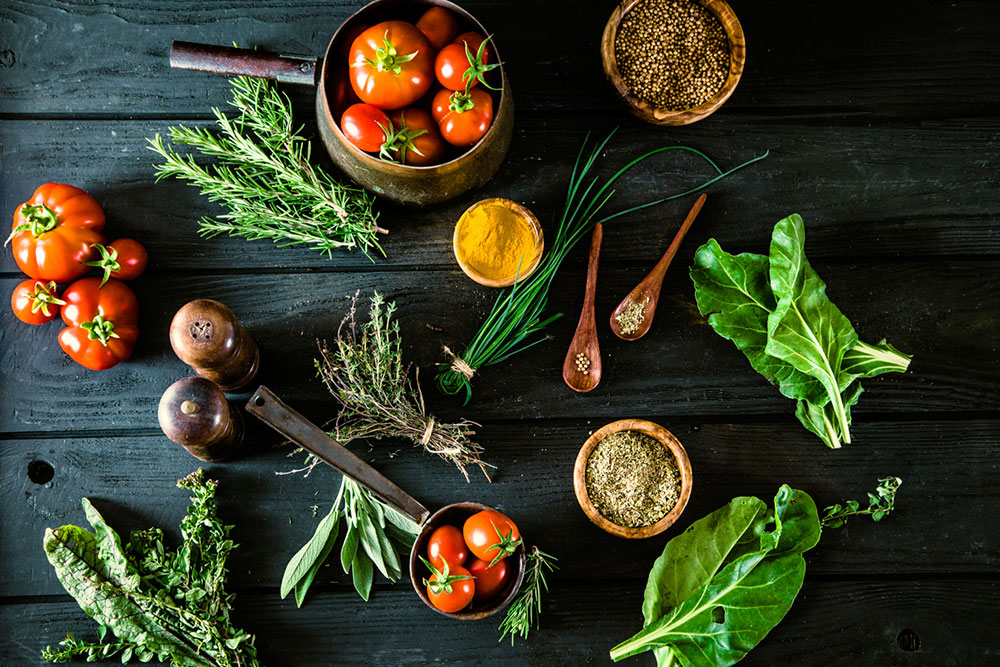Top nutrition tips to manage epilepsy
Living with epilepsy can be challenging and it is essential to know how to manage it better. People suffering from this condition are constantly looking for ways to stay seizure-free. It is believed that a balanced diet that has the right amount of nutrients from various food groups can ensure that the brain and body function normally. So, a diet can help one control seizures and live with epilepsy efficiently.
How diet affects epilepsy
While no food can trigger an epileptic seizure, a well-planned diet can reduce the risks of seizures by maintaining good health. A balanced diet will give one the energy and important nutrients and better sleep and stamina for engaging in activities.

Top nutrition tips for living well with epilepsy
- When the body metabolizes fats, it produces ketones. So, following a Ketogenic diet forces the body to utilize more fats for energy production instead of glucose or sugar through a diet that increases fat intake and lowers carbohydrate intake. This diet plan can work in reducing seizures amongst kids and grownups suffering from epilepsy. But for this diet to work its magic, one will have to follow it without any breaks.
It is important to eat foods that release energy steadily and keep one feeling satisfied for longer hours. These usually offer more fiber than foods which will help release energy very quickly. For instance, whole-grains, brown rice, oats, and oat-based cereals, non-starchy vegetables like broccoli, greens, tomatoes and onions, and fruits such as pears, berries, and apples should be part of the diet. Food that causes sudden energy spurts and then slumps must be avoided, such as non-wholegrain cereals cakes and biscuits, chips and fruit juices, dates, watermelon, white bread, processed foods, and over-ripe fruits.
- Epilepsy is different for everyone. It has been observed that preservatives and colors, artificial sweeteners, and MSG or monosodium glutamate can trigger seizures. Foods that are labeled “low-fat” typically have these and, therefore, they are best avoided.
- While pomegranate juice and grapefruit juice do not directly trigger epileptic seizures, they can aggravate the side-effects of epilepsy medications. So, it is recommended that one should avoid these when they are taking medicines to treat epilepsy.
- Caffeine, which is present in colas, tea, and coffee, has a stimulating effect on the nervous system and can increase the occurrence of seizures in some people.

